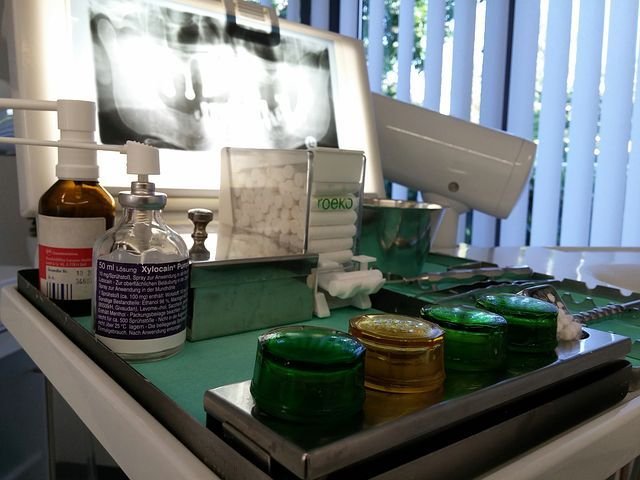WHAT IS D WORD'' PROMISING''
I love the word “promising” when reading publications. It’s even better than “the results were not statistically significant” because if you don’t know better, you might think “yes! They found a cure!”. It’s often not the case though.
If you have a bunch of cancer cells in a petri dish and pour pure lemon juice over them, they’ll die. So, ** (that’s basically what this means), lemon juice kills cancer! Nice! Very promising!
And then they give a cancer patient a glass of lemon juice, testing it in vivo and … nothing happens. Maybe the patient pulls a face because the juice is too sour. Maybe they’re allergic to citrus fruit, go into anaphylactic shock and die. But the “promising” results from the petri dish didn’t appear in the actual situation they
were needed in.
The testing of new drugs is, of course, a bit more sophisticated than pouring lemon juice on cancer cells, at least in most cases. But in the end, there is always the question: “Did this work because I isolated the cells from their natural environment or despite?”
To answer this, the next step is usually testing it in animals (mostly mice). For many drugs, it stops here because their effects are either not replicable or the side effects are so bad that no sane person would test this on a human. But if everything looks good (and the drug is approved for human testing), it goes into clinical trials.
In phase 0, they test the drug on a small number of people in a very low dose, generally not enough to treat anything. Behavior of the drug, movement in the body and general responses are what’s being looked at during this time. @suesa
Phase I has some more patients and is used to figure out the safe dosage, side effects and again, the effects on the disease (does the cancer shrink?).

Congratulations on copying the first part of my post.
https://steemit.com/science/@suesa/why-promising-doesn-t-mean-cure